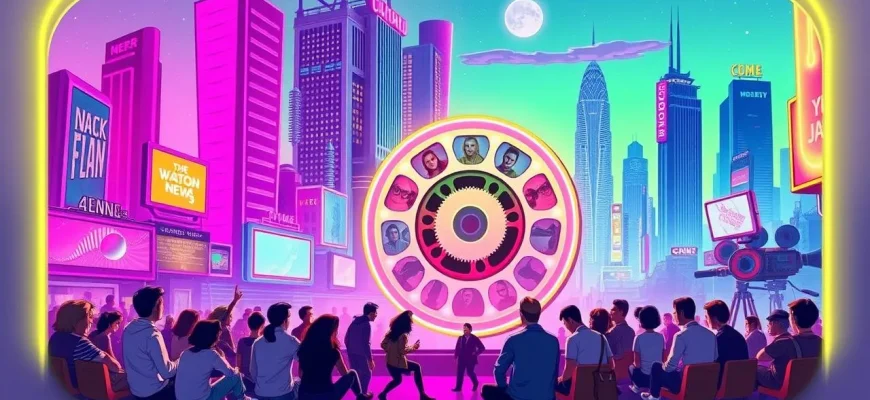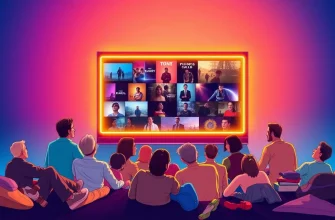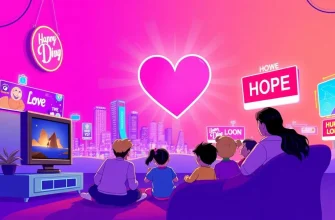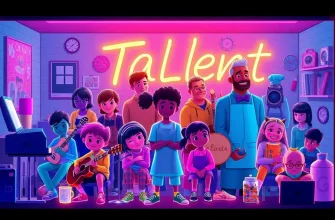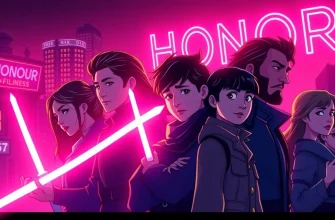In a world where entertainment often seeks to provide escapism, there are films that challenge us to think deeper, question our beliefs, and reflect on the human condition. This curated selection of 10 thought-provoking films offers viewers an opportunity to engage with complex narratives, ethical dilemmas, and philosophical questions. Each film in this collection has been chosen for its ability to stimulate intellectual discourse and provide a unique cinematic experience that lingers long after the credits roll.
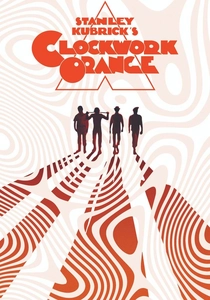
A Clockwork Orange (1971)
Description: This dystopian film questions free will, morality, and the nature of violence. It forces viewers to confront the ethics of behavior modification and the essence of human freedom.
Fact: Stanley Kubrick removed the film from circulation in the UK due to concerns about copycat violence. The film's title is taken from an old Cockney expression.
 Watch Now
Watch Now
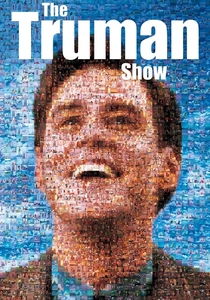
The Truman Show (1998)
Description: This film blurs the line between reality and television, exploring themes of surveillance, privacy, and the search for authenticity in a world of artifice. It prompts viewers to question the authenticity of their own lives.
Fact: The film was shot in a real town in Florida, which was transformed into the fictional Seahaven Island. The director, Peter Weir, was inspired by a French TV show called "The Big Brother."
 Watch Now
Watch Now

The Matrix (1999)
Description: This film explores the concept of reality versus illusion, questioning the nature of our existence and the control of our lives by unseen forces. It challenges viewers to consider what is real and what is simulated.
Fact: The film's 'bullet time' effect revolutionized visual effects in cinema. The Wachowskis wrote the script under the pseudonym "The Wachowski Brothers" before publicly transitioning.
 Watch Now
Watch Now

Ex Machina (2014)
Description: This film delves into the ethics of artificial intelligence, consciousness, and the manipulation of human emotions. It raises questions about what it means to be sentient and the implications of creating life.
Fact: The film was made with a relatively small budget of $15 million. The Turing test, a key theme in the film, is a real test of a machine's ability to exhibit intelligent behavior equivalent to, or indistinguishable from, a human.
 Watch Now
Watch Now
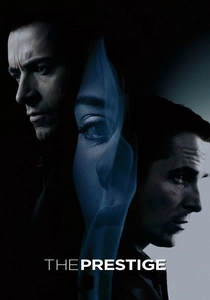
The Prestige (2006)
Description: A tale of rivalry and obsession, this film delves into the sacrifices one makes for greatness, the ethics of scientific discovery, and the cost of ambition. It leaves viewers contemplating the nature of sacrifice and the pursuit of perfection.
Fact: The film is based on a novel by Christopher Priest. The title refers to the final act of a magic trick, where the magician reveals the trick's outcome.
 Watch Now
Watch Now

Inception (2010)
Description: Delving into the subconscious, this film examines the layers of dreams within dreams, exploring themes of identity, memory, and the manipulation of reality. It leaves audiences pondering the nature of existence and the power of the mind.
Fact: Christopher Nolan wrote the script over a 10-year period. The film's ending is intentionally ambiguous, leaving viewers to decide if the protagonist is still dreaming or not.
 Watch Now
Watch Now
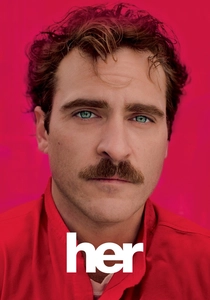
Her (2013)
Description: Set in the near future, this film examines human relationships with artificial intelligence, exploring themes of love, loneliness, and the evolution of technology. It invites viewers to reflect on what it means to be human.
Fact: The operating system's voice was provided by Scarlett Johansson, who was cast after Samantha Morton left the project. The film's script was inspired by Spike Jonze's own experiences with technology.
 Watch Now
Watch Now
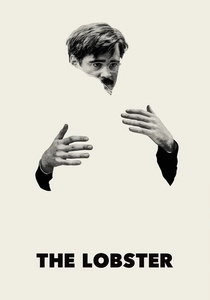
The Lobster (2015)
Description: In a dystopian society where single people must find a romantic partner within 45 days or be transformed into animals, this film satirizes societal pressures around relationships and conformity. It provokes thought on individuality and love.
Fact: The film was shot in Ireland, with the hotel scenes filmed in the Parknasilla Resort & Spa. The title refers to the protagonist's choice of animal transformation.
 Watch Now
Watch Now
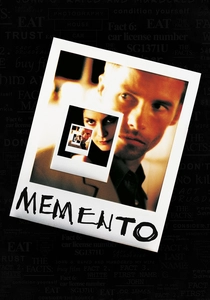
Memento (2000)
Description: Told in reverse chronological order, this film explores memory, identity, and the reliability of our perceptions. It challenges viewers to piece together the narrative, reflecting on how we construct our reality.
Fact: The film was shot in two separate sequences: one in color and one in black and white, which were later intercut to create the unique narrative structure.
 30 Days Free
30 Days Free
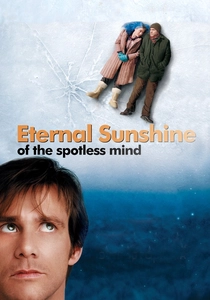
Eternal Sunshine of the Spotless Mind (2004)
Description: This film raises profound questions about memory, love, and the human desire to erase painful experiences. It challenges the notion of whether we would truly want to forget the past, even if it's painful.
Fact: The film was shot in sequence to help the actors portray the emotional journey of their characters. The title is derived from a line in Alexander Pope's poem "Eloisa to Abelard."
 30 Days Free
30 Days Free

